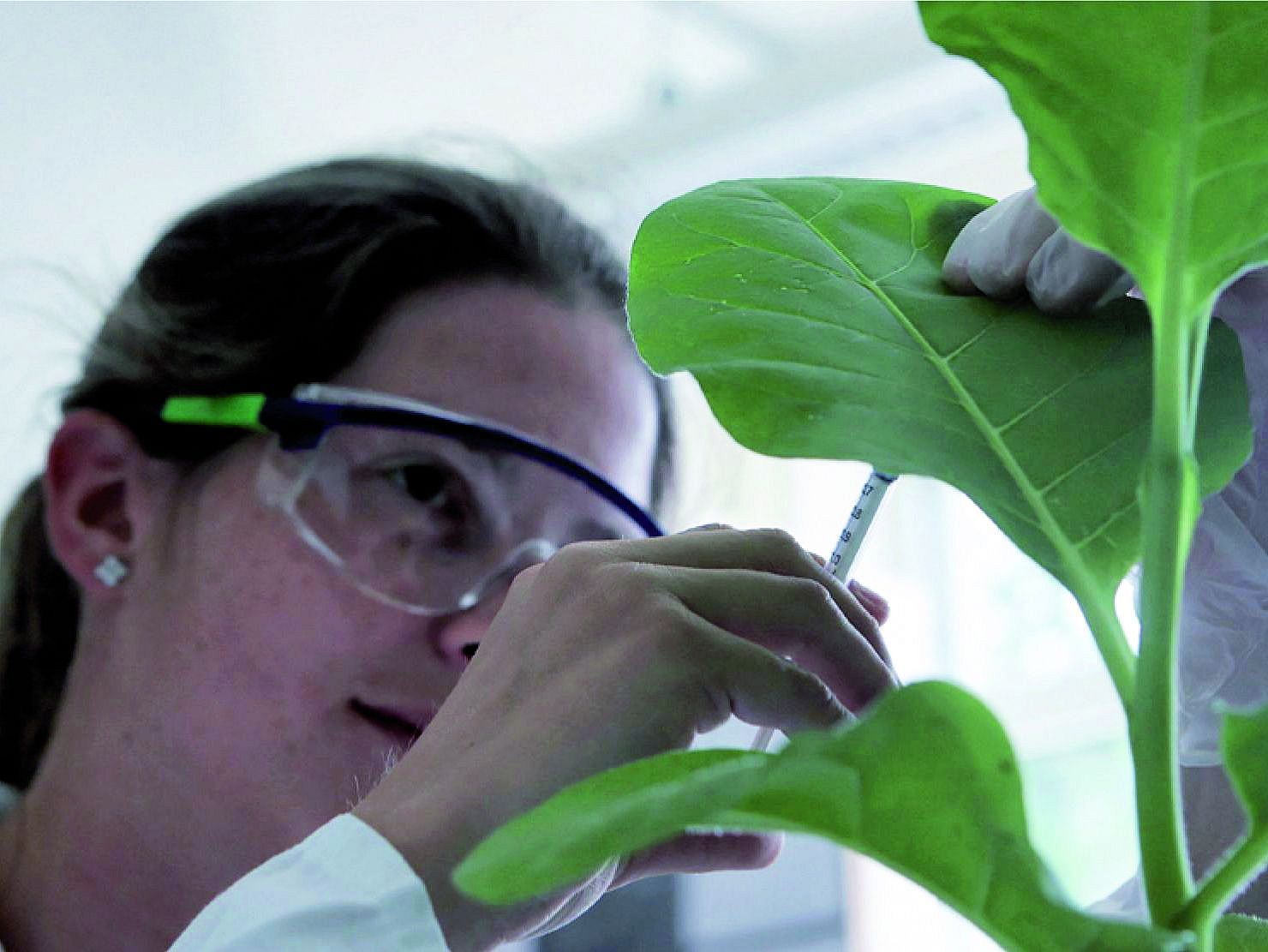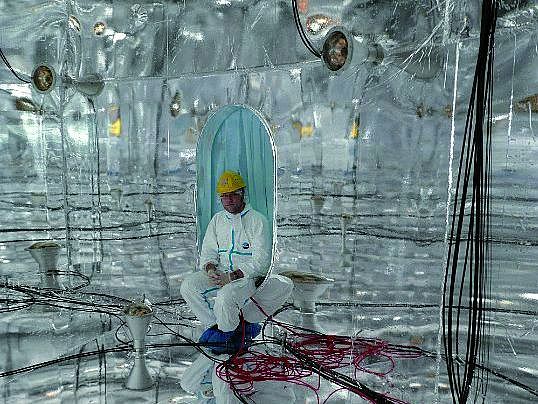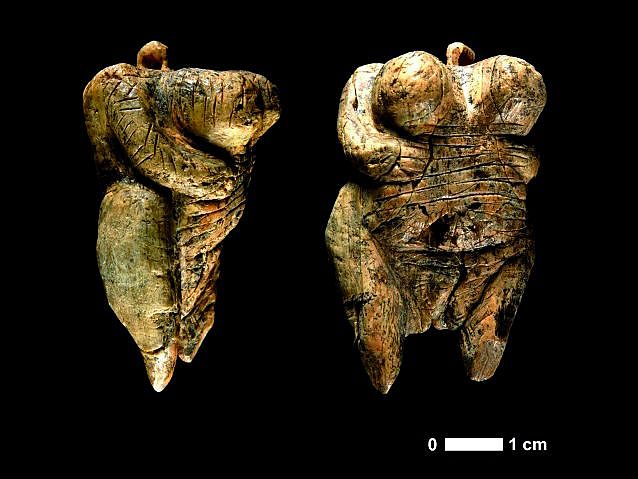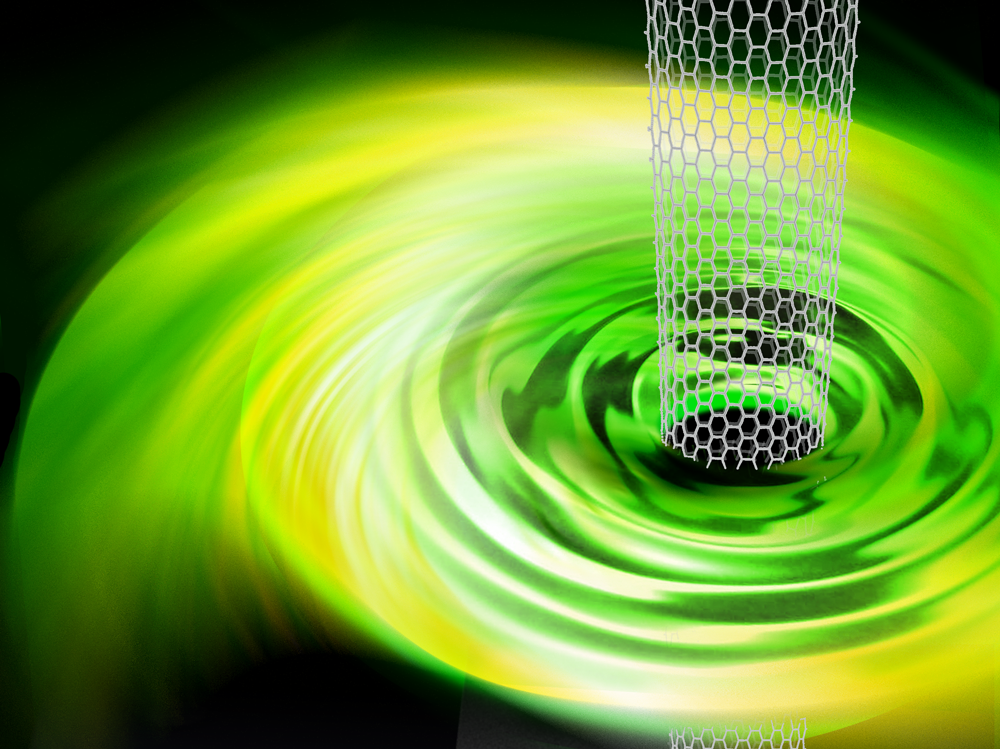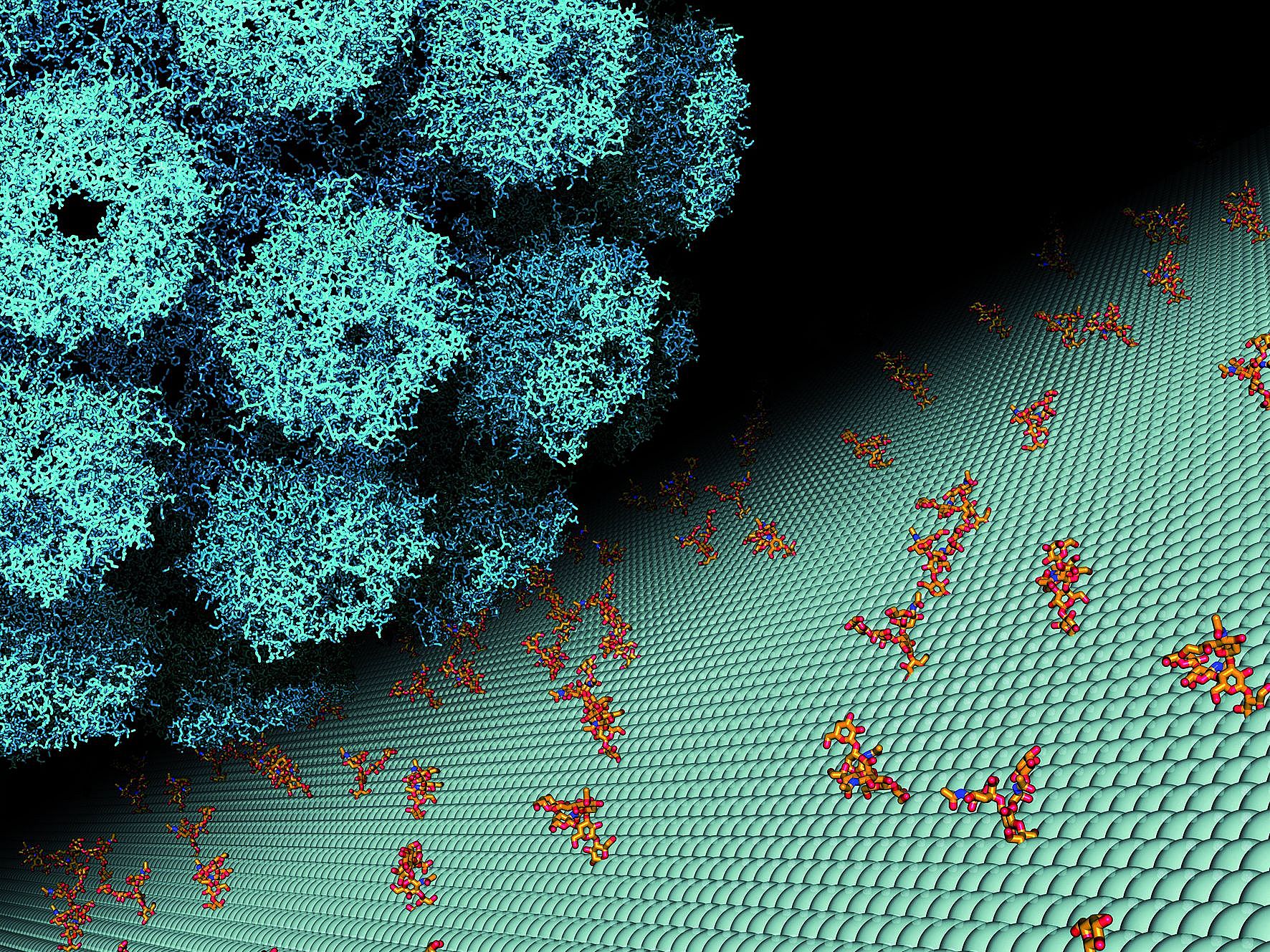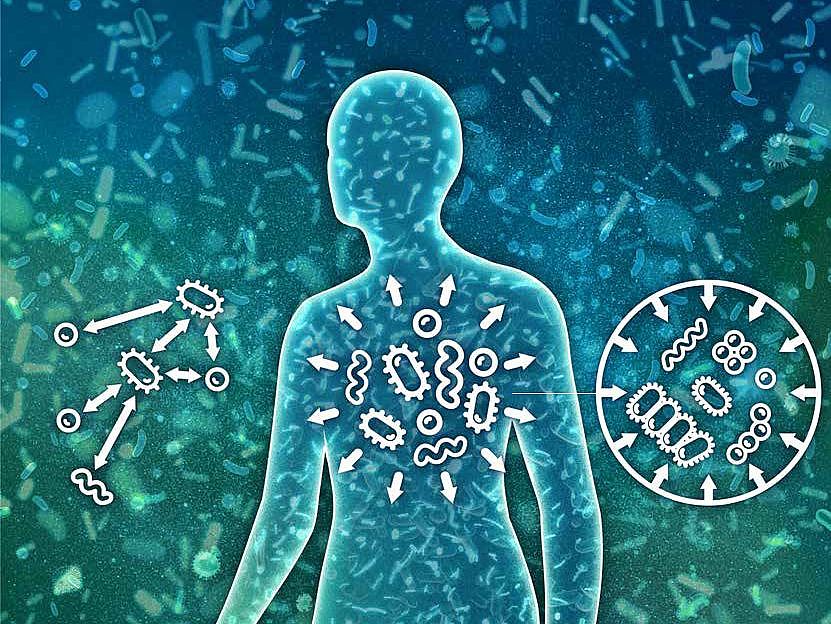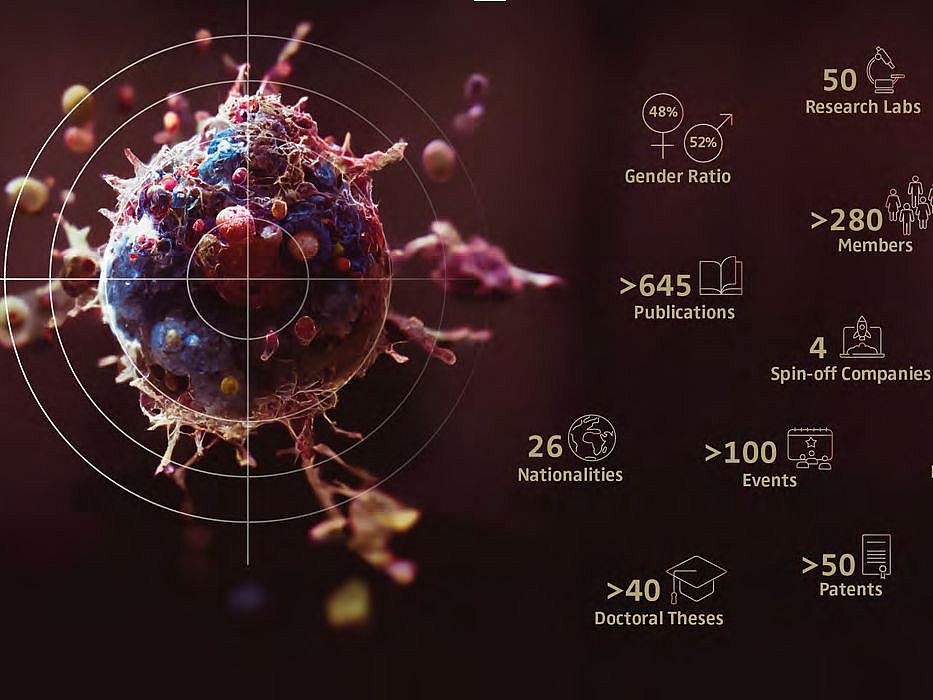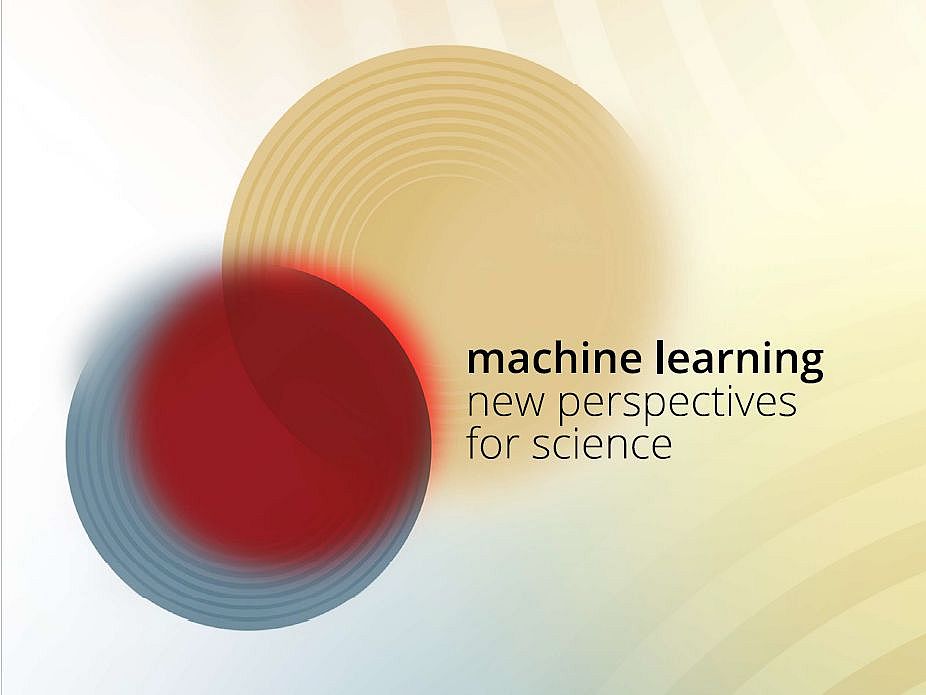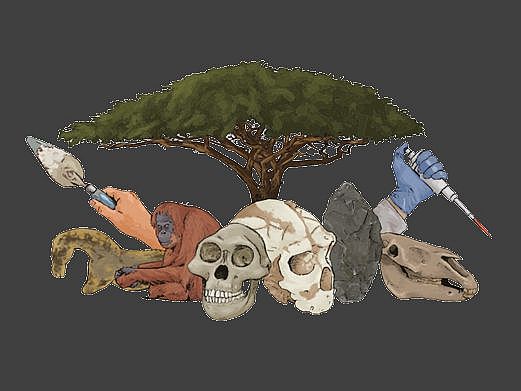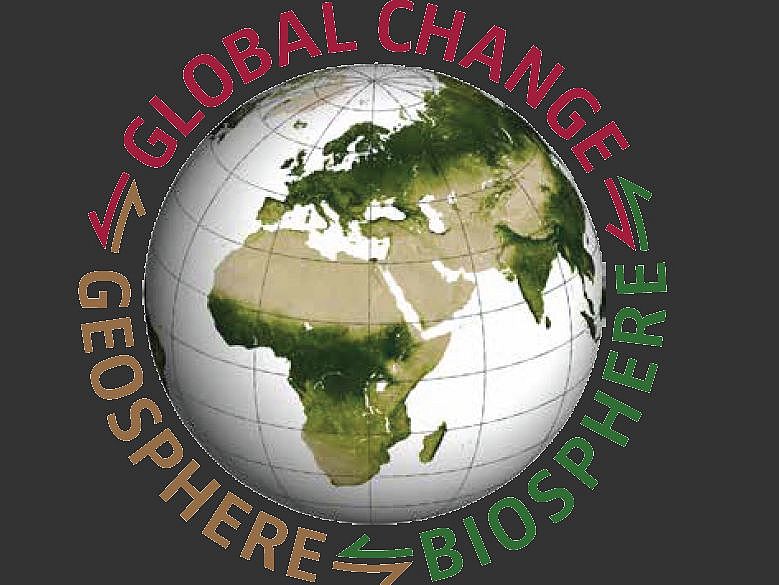Research Foci
Artificial Intelligence and Machine Learning
Astro and Particle Physics
Cell and Molecular Biology of Eukaryotes
Geoscience and Environmental Research
Human Evolution and Archaeology
Microbiology and Infection Research
Neuro and Cognitive Sciences
Quantum Science
Collaborative Research Centers
Transregional Collaborative Research Centers
Research Units
Research Training Groups
Research Data Management
RDM Counseling Process
Core Facilities
for the Natural Sciences
Further Consortia
FAIRmat
PUNCH4NFDI
MaRDI
NFDI4Biodiversity
NFDI4Cat
NFDI4Chem
NFDI4DataScience
NFDIxCS
Open Science
Research Data Repository FDAT
Publishing, Open Access & Specialised Information Services (FIDs)
Data Storage
Data Protection
Copyright
Patent Law
Good Scientific Practice
Export Controls
High Performance (Cloud) Computing
GitLab
Research Support
binAC
Bioinformatics and Astrophysics Research Cluster
BioDATEN
Research Data Center
INF-Project
TRR 356 PlantMicrobe
INF-Project
CRC 1253 CAMPOS
EOSC-Life
Building a Digital Space for the Life Sciences
de.NBI
German Network for Bioinformatics Infrastructure
Further Information



RDM Counseling Process
Contact Persons at UKT
for the Life Sciences
Geschäftsbereich IT (GB-IT)
Medical Data Integration Center (meDIC)
Core Facilities
for the Life Sciences
QBiC
Core Facilities of the Medical Faculty
With Tübingen Participation
DataPLANT
GHGA
NFDI4Immuno
NFDI4Microbiota
NFDI4BIOIMAGE
Further Consortia
NFDI4Health
Open Science
Research Data Repository FDAT
Publishing, Open Access & Specialised Information Services (FIDs)
Data Storage
Data Protection
Copyright
Patent Law
Good Scientific Practice
Export Controls
High Performance (Cloud) Computing
GitLab
Research Support
binAC
Bioinformatics and Astrophysics Research Cluster
BioDATEN
Research Data Center
IMeRa
Virtual Research Environment
INF-Project
TRR 356 PlantMicrobe
INF-Project
TRR 209 Liver Cancer
GDI
European Genomic Data Infrastructure
EOSC-Life
Building a Digital Space for the Life Sciences
de.NBI
German Network for Bioinformatics Infrastructure
DIFUTURE
Medical Informatics Consortium
ANOVAGET
Annotation and Visualization of Genomic and Transcriptomic Data for Molecular Tumor Boards
IDEM
Integrated Digital Consent Management for Clinical and Research
Further Information



Interdisciplinary Research
Interdepartmental Centers
Interfaculty Institutes and Centres
Non-University Research Institutions cooperating with the Faculty of Science
Core Facilities
Quantitative Biology Center
External content
Actually, you are supposed to see a video here. To display this content (source: www.xyz.de), please click the "Accept" button below. Please note that by viewing the video, data might be transmitted to third parties or cookies may be stored.
For further information see our privacy policy.

